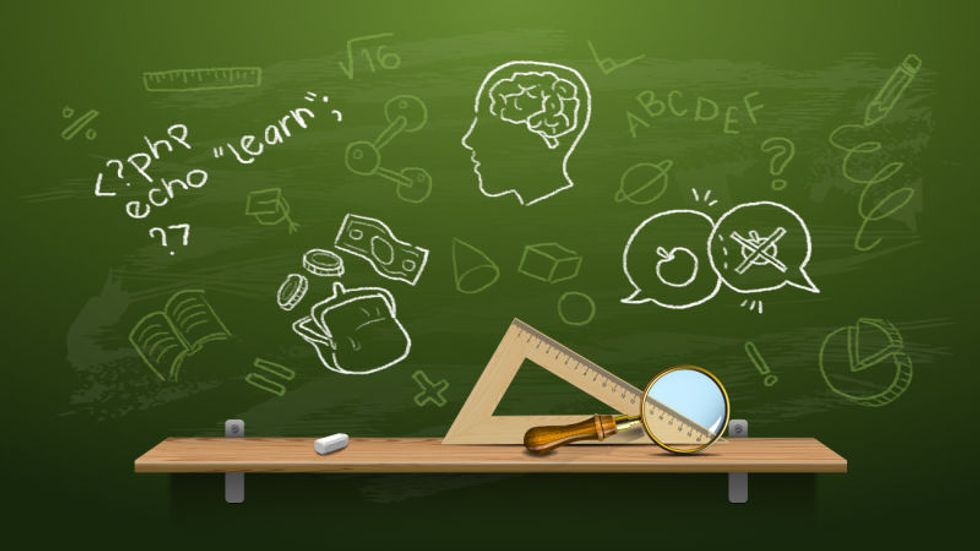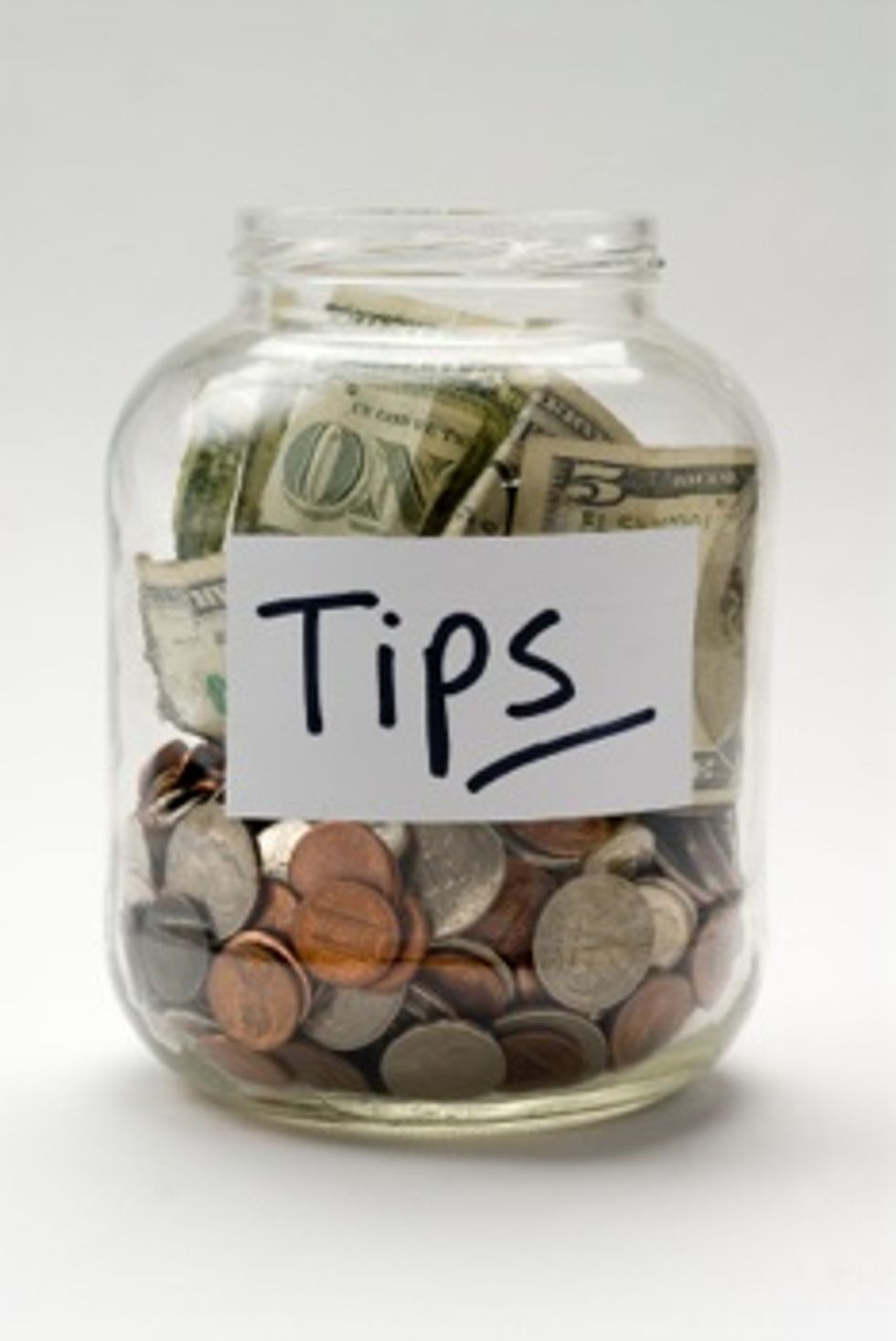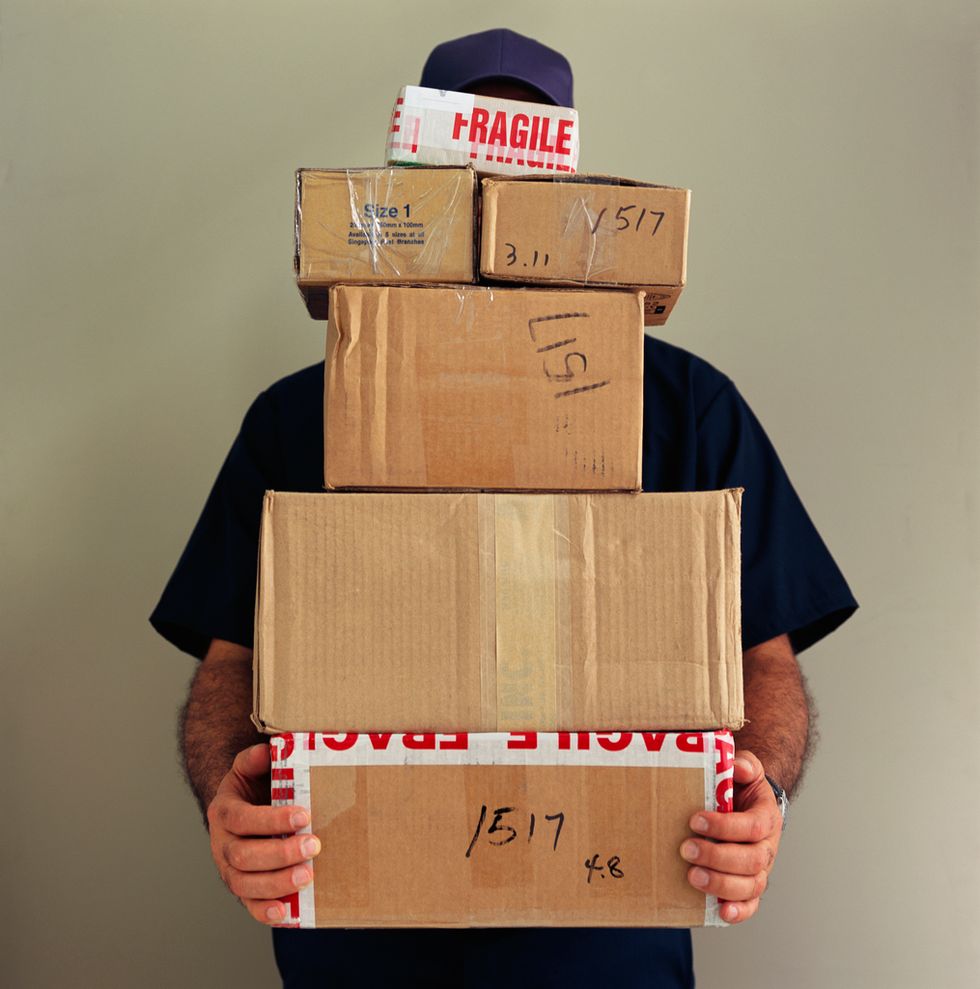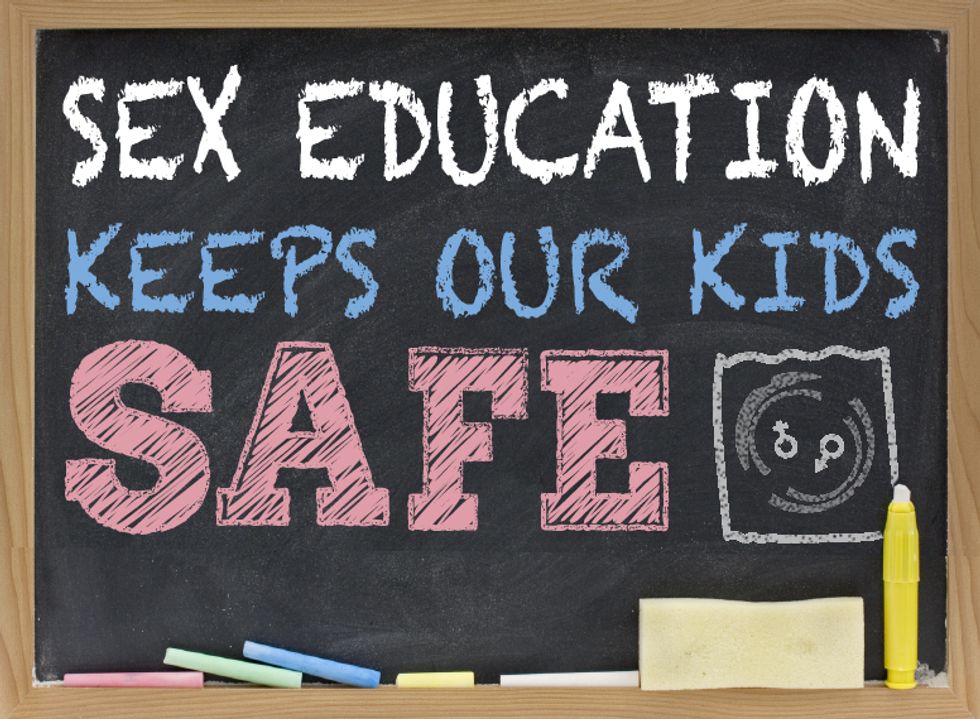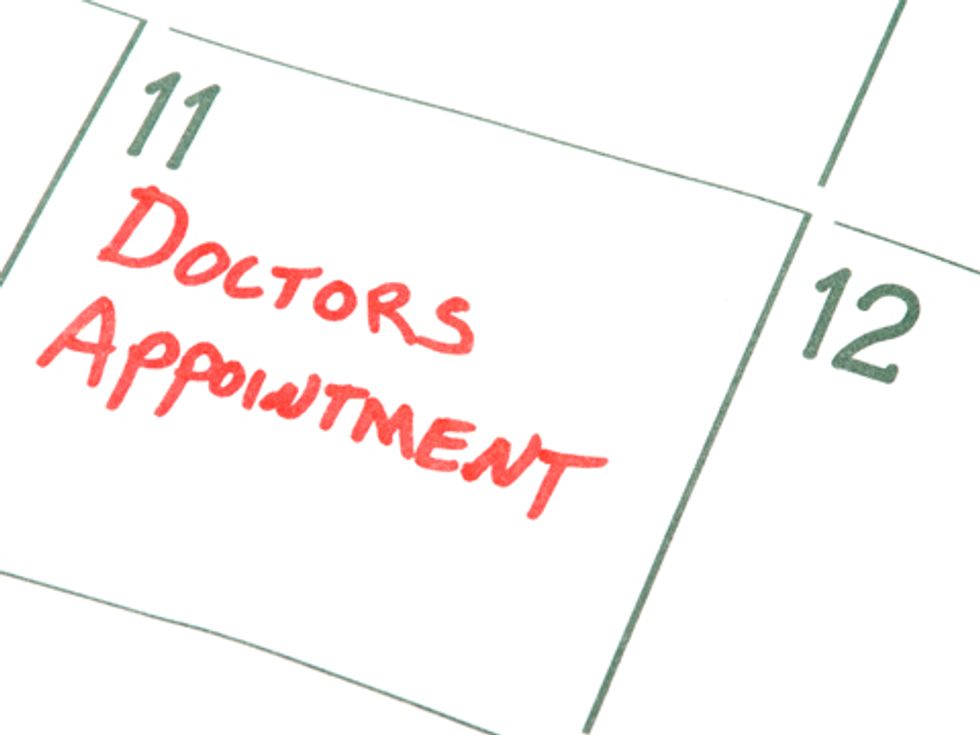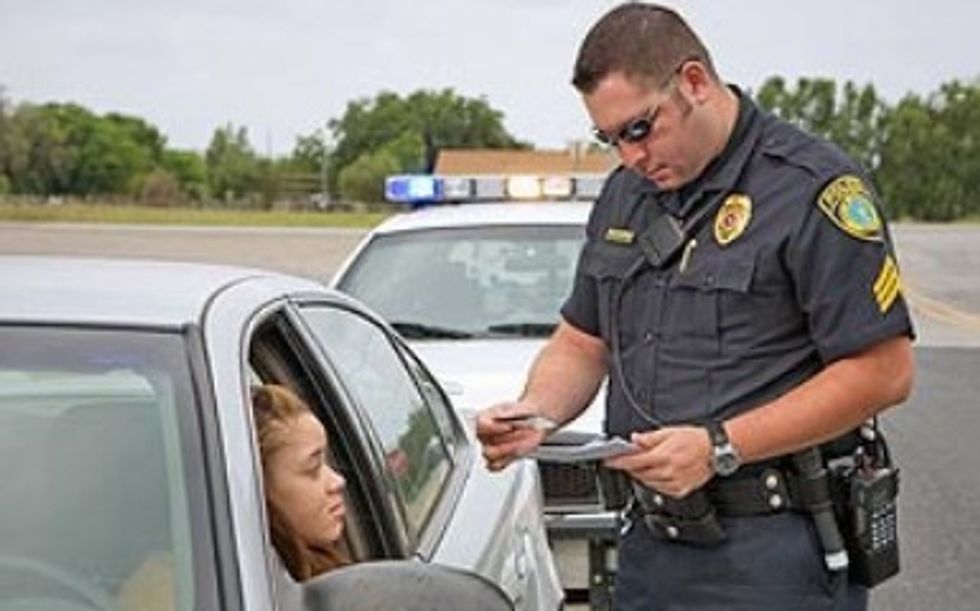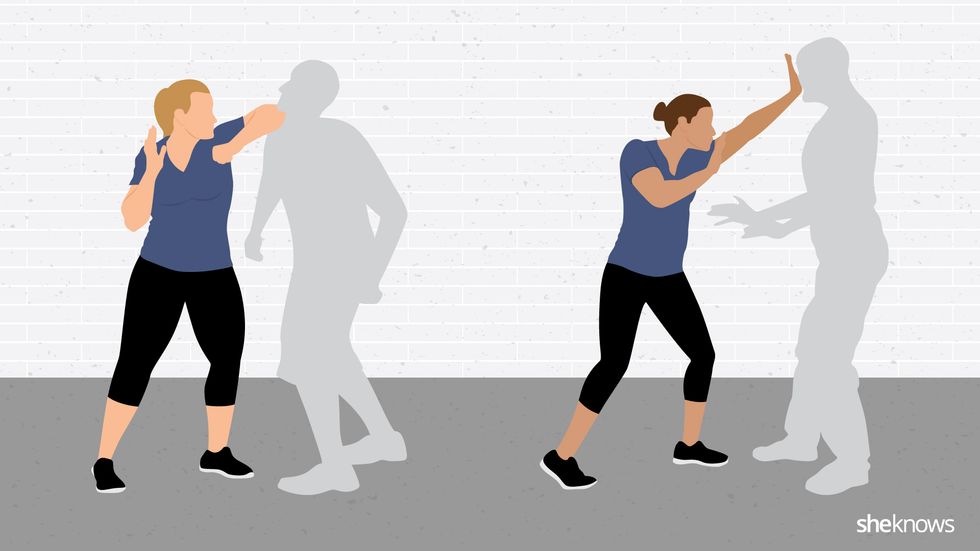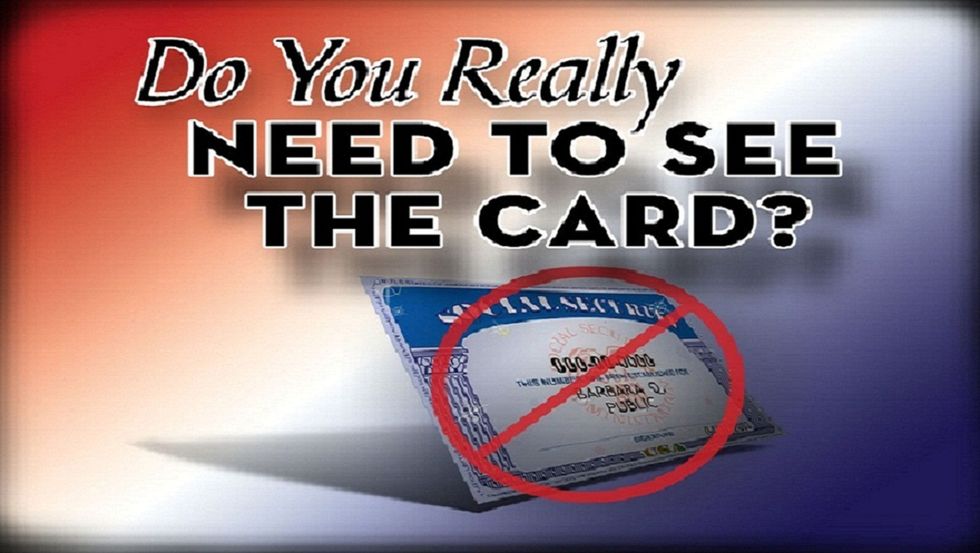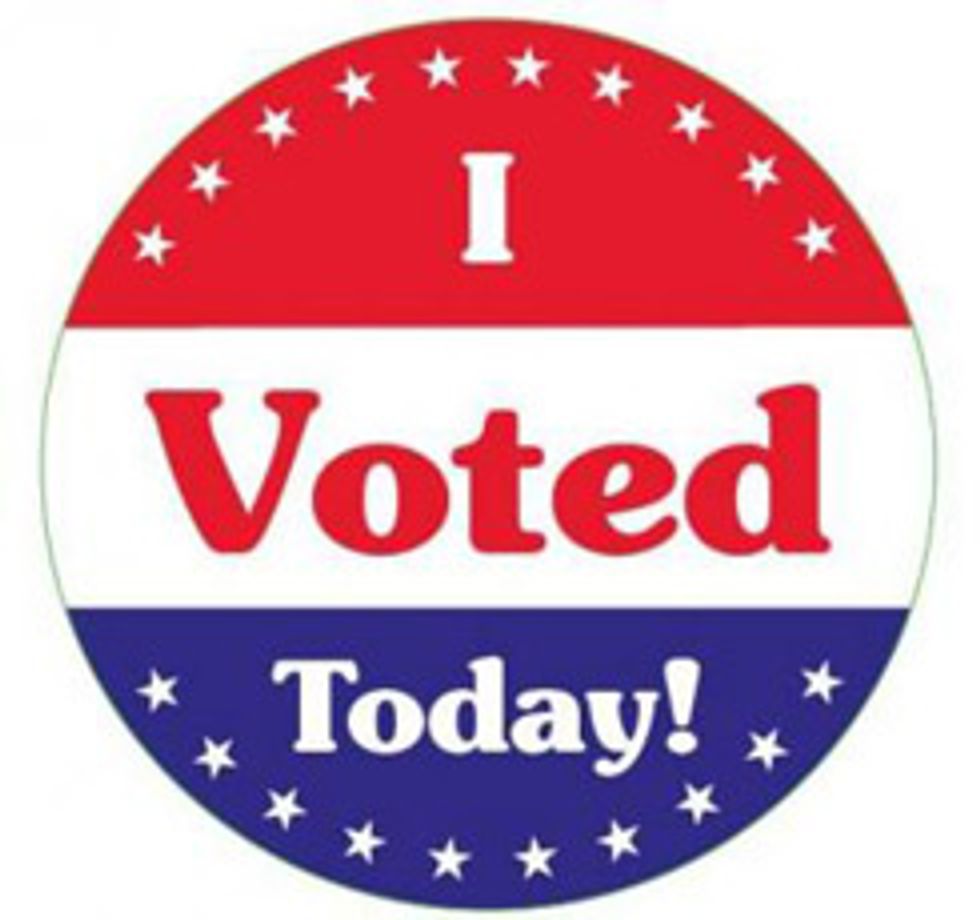Ah, high school. The time when stressed-out oily-faced teenagers with built up sexual frustration and the desire to rebel are forced to stay in a stuffy, prison-resembling building for seven hours a day as they are taught endless information that may or may not be relevant in any other part of their life. Or, the time when up-and-coming adults form meaningful friendships, learn life lessons, make as many mistakes as memories, and begin to learn who they are.
Regardless of whether you view high school as a hell-hole that you long to block from your memory, or a golden time full of great experiences, it is, for all of us, the staging ground for adulthood. After high school, young adults get jobs, go to college, move away from home..in any way they choose, they step into the "real world," where they have to fend for themselves. Their own survival falls into their own hands.
Is high school really preparing people for that?
High school is a perfect opportunity for the accomplished adults of the world to pass down their knowledge, experience, and advice to those who will need it. Think about it, until they are 18 (or 17 or 16, depending on the state), people are literally required, by law, to learn. This the time when we can teach our youth how to survive in this world, how to be good people, and how do everything they will need to do in their adult life. Are we taking advantage of this wonderful opportunity to inform and educate our youth? To an extent, but there's so much more that could be done, could be taught.
Imagine how much better off we would be if there was just one class in high school called "How To Be An Adult." One class, that spent a brief period of time on each of the following topics...
1. How and when to do taxes.
When are they due? Am I a dependent? Why prepare us for a career without teaching us a critical part of making money?
2. How to change a flat tire.
You know that at some point in your life, you're going to be stuck somewhere with a flat tire and with no one around. Life would be so much easier if you knew how to take care of that on your own.
3. What to include on a resume.
Do I include babysitting? When do I take high school related activities off my resume? What order to I put my experience in? These are all questions I got answered in college, but for high school students looking for a summer job, or for those students not going on to college, this is very important information.
4. How much to tip different people.
A taxi driver? A delivery person? What about if a bellman takes my bags without me asking?
5. What does business casual actually mean?
Honestly, I'm still not 100 percent sure.
6. Nutrition.
Some schools cover this briefly in health class, but a little more information would be helpful. Especially for students who will soon be very broke and need to know how to eat healthy on a budget.
7. How the media works.
I didn't learn much at all about the media until my college communication classes, and I think that's a problem. Understanding how political, advertisement-driven, and biased the media can be, can really help impressionable youth know when to question the information they're given.
8. How to mail a package.
Do you put stamps on a box? Can you write the address directly on a box or do you need to use a label? Can you buy a box at the post office? Important questions.
9. What is insurance and what kind do you need?
Car insurance, health insurance, life insurance ... I know it's important but I have no idea how it works, how to get it, what kind I need, or when I need it.
10. Sex education.
Most schools have some form of this, but did you know that only 13 states required sex ed to be medically accurate? For this reason and so many others, sexual education needs to improve so that it is actually effective and helpful to students. (Read more about that here.)
11. How do student loans work?
What is the difference between subsidized and unsubsidized? When can I start paying them back? How do I get them? How do I know if I need them?
12. How and when to schedule doctor/dentist appointments.
When do I stop going to a pediatrician and how do I find a new doctor? How often do I need to go?
13. How to network/make business connections.
The earlier you start networking, the better. But how do you start when you have never been taught how?
14. Protocol for car accidents/speeding tickets.
Though this may have been very briefly covered in driver's ed, these moments generally cause panic, and panic causes the possibility of forgetting that two minute lesson. A little reinforcement of what papers to get out and what papers to collect would be very useful.
15. Everything you need to take care of to travel to a different country.
Do you need to notify your bank? How does your phone work overseas? What kind of outlet converters are needed? Can you use your credit card?
16. Self defense.
This is an important skill for any young person going into the world, especially those who will be living alone or moving to cities.
17. Record keeping: what to keep and what to throw away.
As soon as you have any kind of personal finance, the paperwork seems to never stop coming in. What do you need to keep, and what is okay to throw away?
18. How to keep your identity safe.
Do you need to put your social security number on every form that asks for it? How do you know if it's safe to give your information to a website?
19. In which situations you should get a lawyer.
We know they're expensive, but when are they worth the cost?
20. How to vote/get an absentee ballot.
As young adults reach voting age, it's important that they know how to be a politically responsible citizen.

